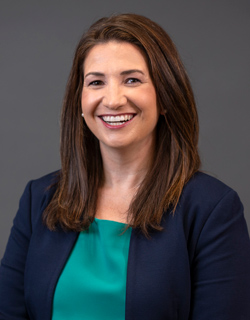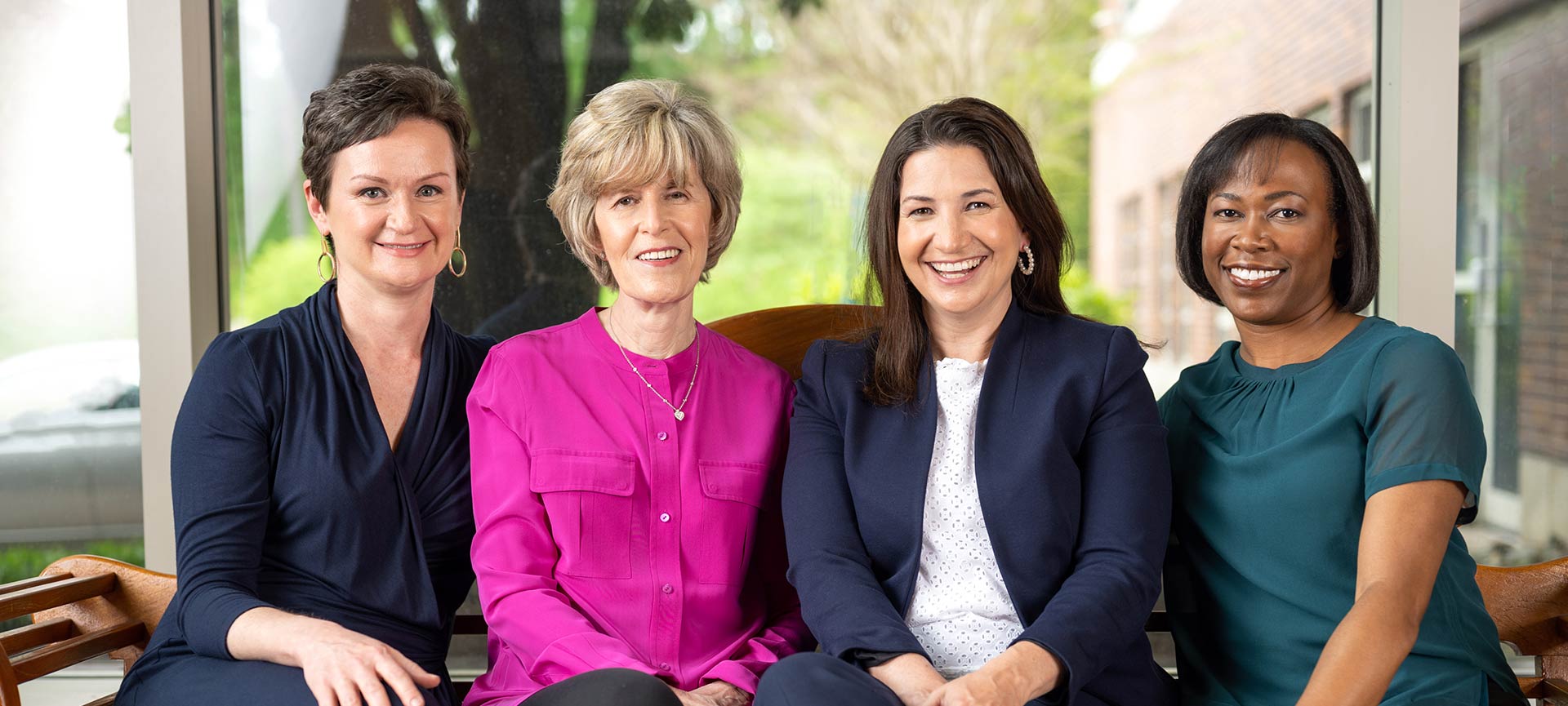Dr. Fogarty Answers Your Questions About Breast Cancer
October 19, 2020As part of Breast Cancer Awareness Month, Sara Fogarty, DO, FACS, Director of the Sandra & Malcolm Berman Comprehensive Breast Center at GBMC talked with Bmore Lifestyle host Terra Reeves about a range of issues surrounding the disease, from how the stage and type of the cancer determines the treatment plan to when women should start getting mammograms and what steps they can take to lower their risk of developing breast cancer.
“Staging of breast cancer has gotten more complex in recent years,” Dr. Fogarty explained. “Staging guidelines that I used to have memorized are now 50 pages long and take many more factors into consideration, including the size of the tumor, whether there is lymph node involvement, what hormone receptors are involved, how different the cancer cells are from normal cells, and whether the cancer has spread beyond the breast tissue. All these factors are considered as we develop a patient’s treatment plan. Staging is also fluid and can change as we gather more information from surgery, for example.”
Dr. Fogarty encouraged women who missed or delayed their screening mammogram because of the COVID-19 pandemic to make an appointment to get screened soon. GBMC is taking every precaution to keep patients safe, including having them wait in their car until it’s time for their mammogram, online registration, constant cleaning of the facilities and equipment, and consistent use of masks.
She also described the signs and symptoms of breast cancer. “The most common symptoms are a lump in the breast or armpit, skin thickening on the breast, and nipple changes and discharge,” she said. “The most important thing is for women to know their bodies and if something seems new or different, make an appointment with your primary care physician or OB/GYN to get it checked out.”
While there has been controversy about when women should start screening mammograms and how often they should get them, she said her recommendation follows the guidance of the American Society of Breast Surgeons, which recommends that women get a yearly screening mammogram starting at age 40.
Asked if there are steps women can take to lower their breast cancer risk, Dr. Fogarty said, “Preventive measures include maintaining a healthy weight, eating a healthy diet, getting 150 minutes of aerobic exercise a week, and limiting alcohol intake.”





